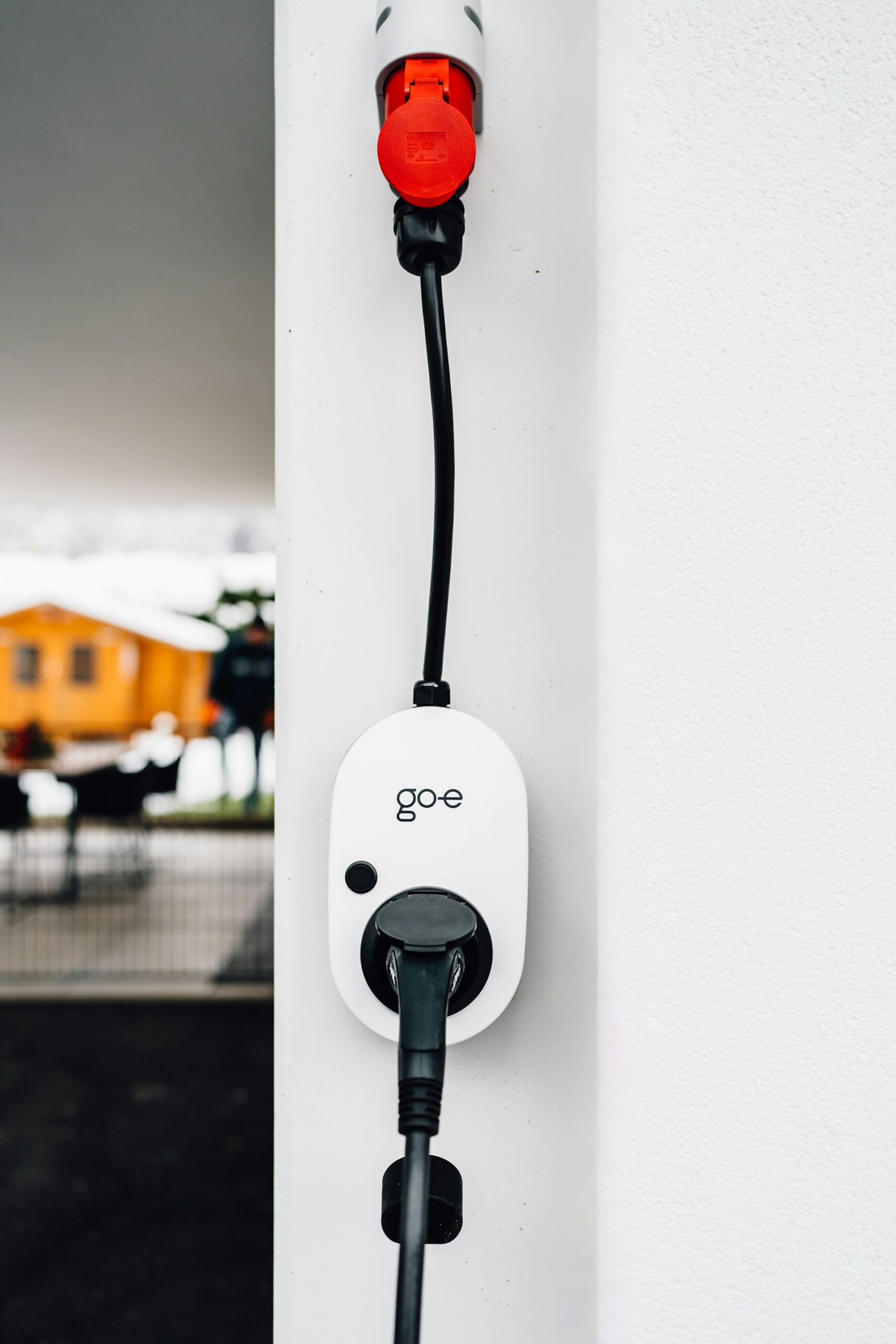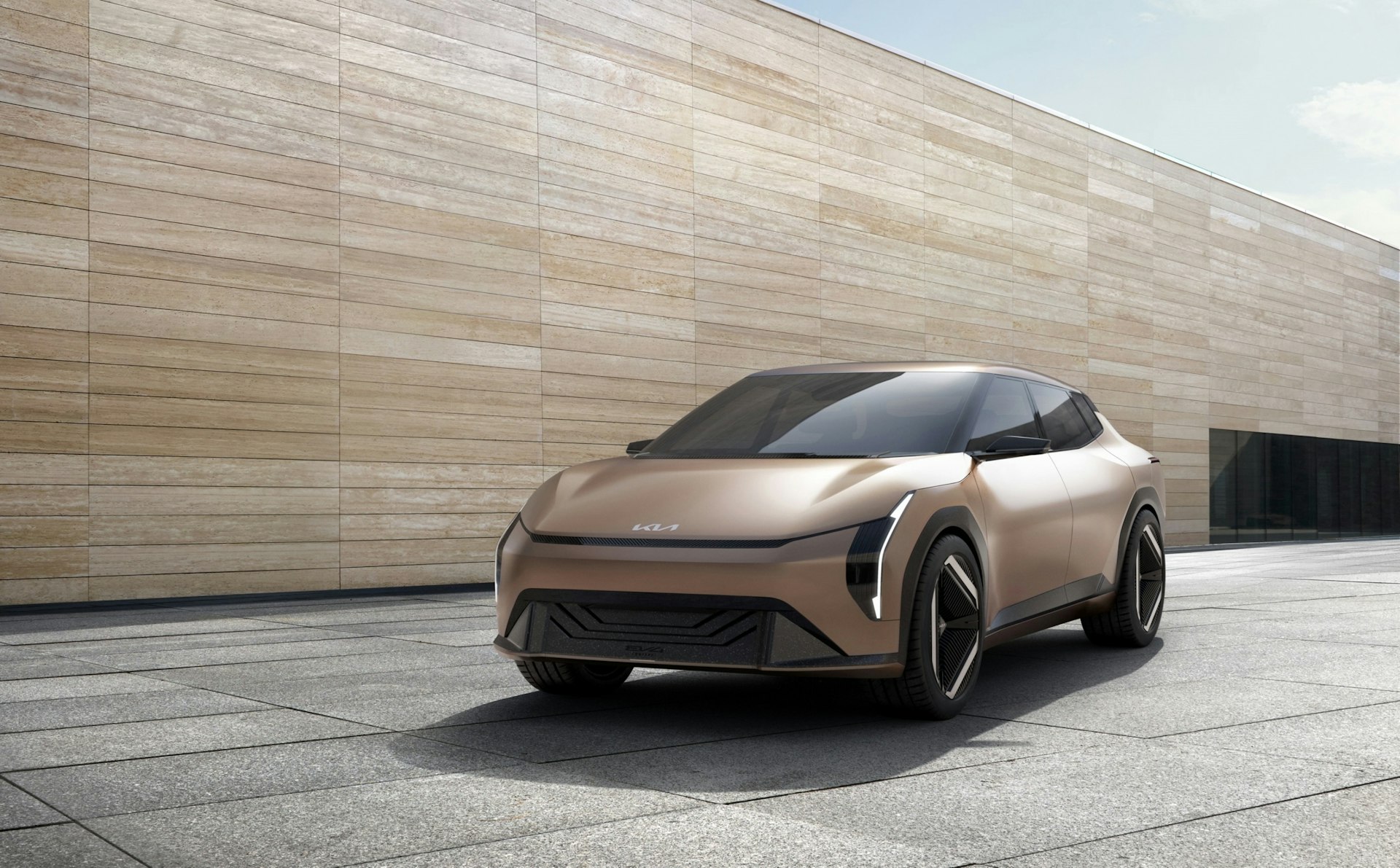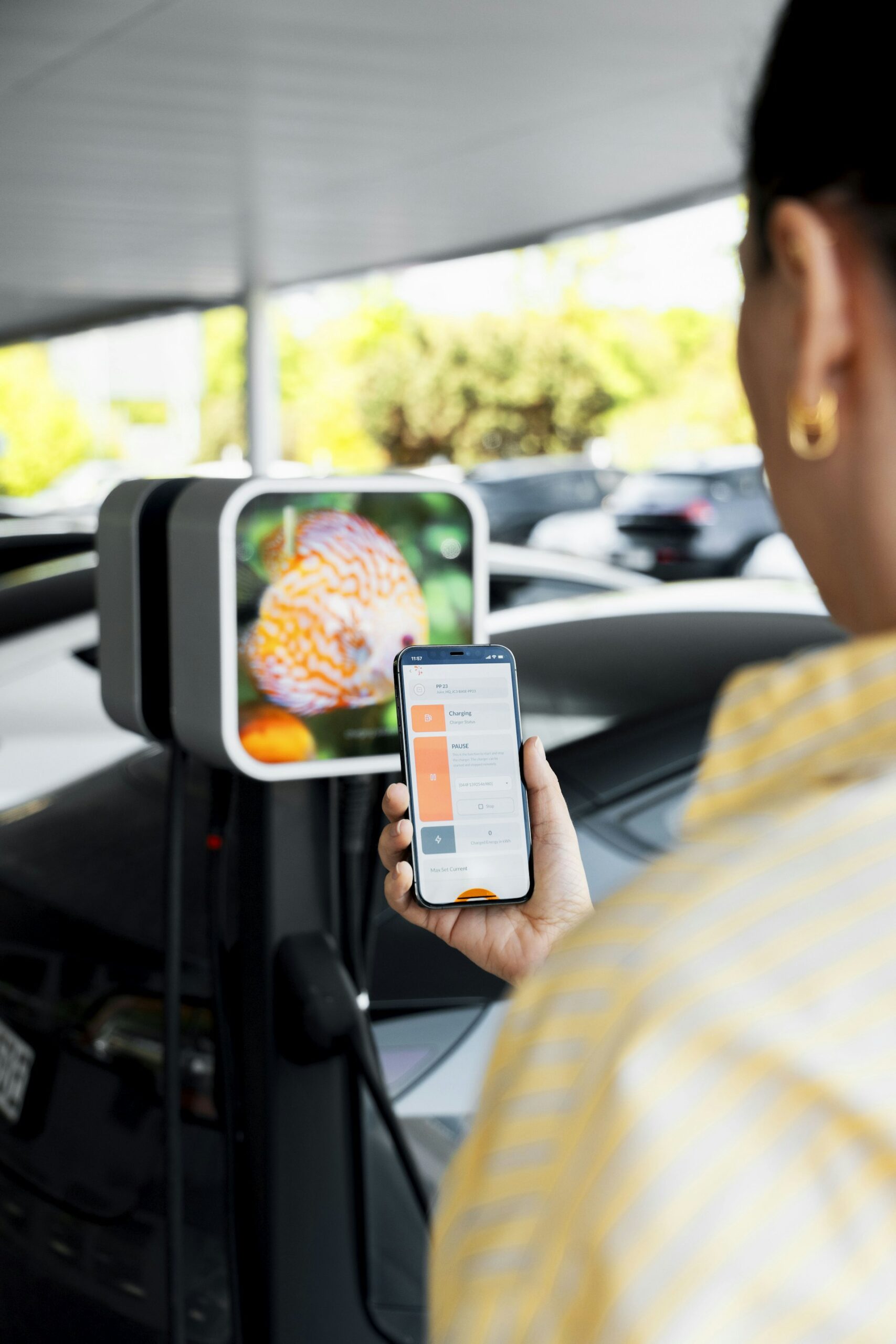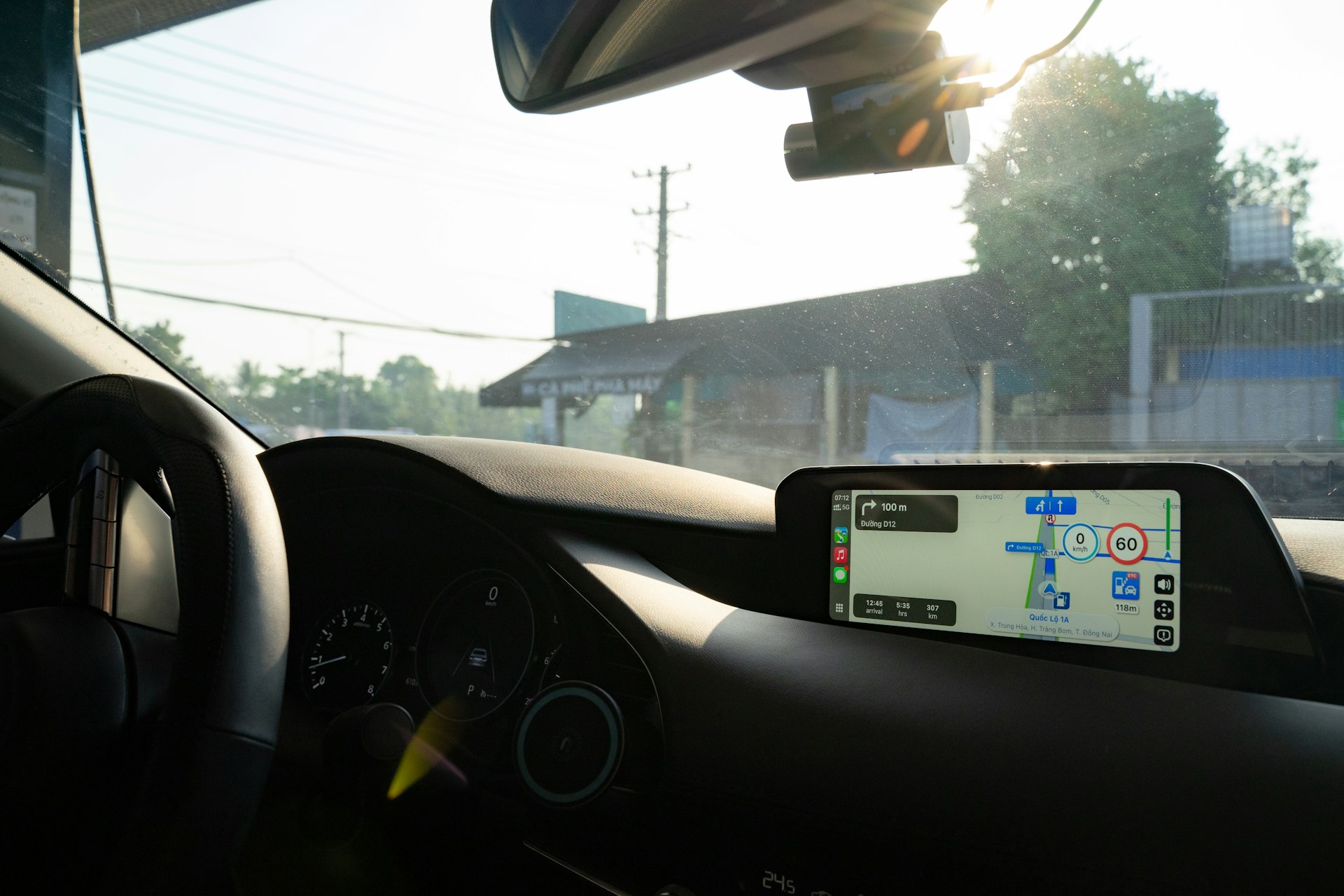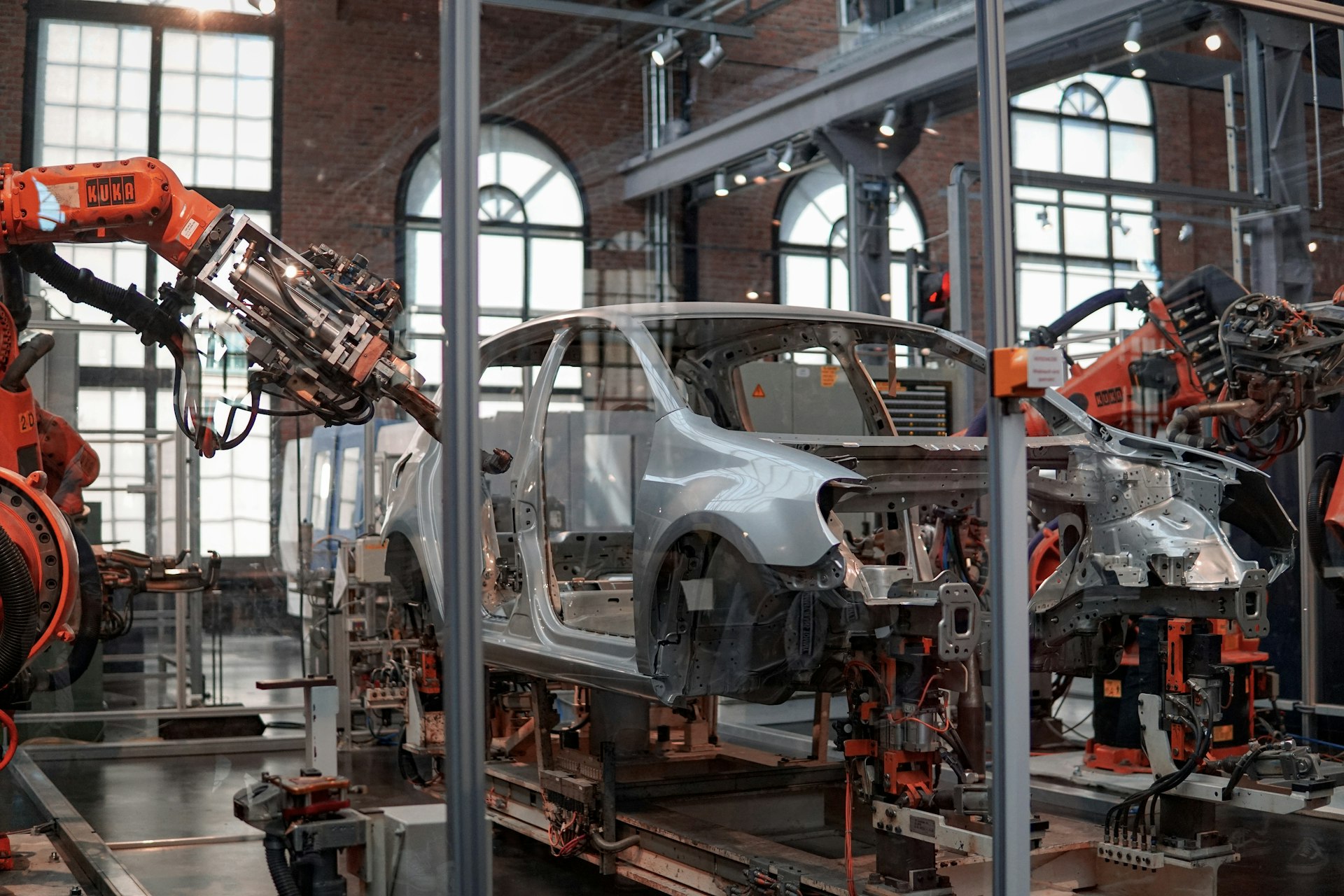How Personalization Is Transforming EV Market Differentiation

Photo by Anthony Fomin on Unsplash
Introduction: Personalization Reshapes the Electric Vehicle Market
The electric vehicle (EV) industry is undergoing rapid transformation. As competition intensifies, vehicle personalization has emerged as a powerful driver of market differentiation. Customizable features, advanced digital technologies, and AI-powered experiences are redefining how consumers interact with EV brands, raising expectations for tailored products and services [1] . In this article, we explore the specific ways personalization is changing the EV market, actionable steps for stakeholders, and real-world examples that illustrate the impact.
The Rising Demand for Personalized EV Experiences
Personalization is no longer a luxury-it’s becoming a baseline expectation for today’s EV buyers. According to recent research, nearly half of consumers are willing to pay a premium for products tailored to their preferences [1] . This trend is particularly strong in the automotive sector, where buyers value options like custom paint, interiors, and technology packages that reflect their unique lifestyles.
Manufacturers are responding with a wide range of bespoke design services and customizable packages. Examples include:
- Flexible battery configurations to match driving habits
- Personalized infotainment systems and user interfaces
- Custom interior materials and finishes
- Tailored advanced driver assistance systems (ADAS)
These offerings enable consumers to shape their vehicles to fit their needs, fostering brand loyalty and customer satisfaction [1] .
Technological Advancements Fueling Personalization
The personalization revolution in EVs is powered by cutting-edge technologies. Manufacturers leverage AI, IoT, and digital twins to deliver unprecedented levels of customization [2] . Here’s how each technology contributes:

Photo by CHUTTERSNAP on Unsplash
AI-Driven Design and Analysis: By analyzing consumer data, driving patterns, and feedback, automakers can create products that align closely with customer expectations. For example, AI can recommend battery sizes based on regional driving data, or suggest interior layouts to match lifestyle preferences [2] .
Digital Twins: These virtual replicas allow manufacturers to test features and simulate real-world conditions before producing physical prototypes. This accelerates development and ensures that personalized features meet practical needs.
IoT Integration: Connected vehicle platforms enable real-time personalization, from adjusting climate controls to updating navigation preferences based on user behavior.
Case Study: Real-Time Personalization at Scale
A leading global automotive OEM partnered with technology experts to build an AI-powered personalization platform. This system tracked user behavior, inferred individual intent, and delivered tailored experiences throughout the purchasing journey. For instance:
- If a user repeatedly explored EV models, the platform highlighted tax incentives, test drive options, and local availability.
- If another user prioritized family-friendly features, the experience shifted to emphasize safety, spaciousness, and service plans.
The platform scaled rapidly, supporting over 100 global markets and more than 550 personalization campaigns. The result: a return on investment exceeding 400%, instant adaptation to user preferences, and centralized customer insights [3] .
Personalization as a Competitive Differentiator
In the crowded EV market, differentiation is vital. Manufacturers that prioritize customization gain a competitive edge, capturing the attention of buyers who value individuality. This is especially true in the premium segment, where luxury materials, exclusive features, and tailored service plans can command higher prices and foster deeper loyalty [2] .
Advanced driver assistance systems (ADAS) are becoming a key differentiator. In markets like China, ADAS technology ranks among the top purchasing factors for premium EVs, with more than 66% of buyers likely to choose vehicles with higher autonomy levels. This trend is spreading to Europe and the United States, driven by urban consumers seeking safety and convenience [4] .
Practical Steps to Access Personalized EV Solutions
If you’re a consumer interested in personalized EVs, or a business aiming to capitalize on this market, here’s how to get started:
- Research Brands Offering Personalization: Visit official manufacturer websites and review their customization options. Many brands provide online configurators to explore features and pricing.
- Consult Dealerships: Contact authorized EV dealerships to discuss bespoke packages and test drive personalized models. Dealership staff can walk you through available options and help tailor a vehicle to your preferences.
- Leverage Digital Tools: Use manufacturer apps and online platforms to track your preferences, receive tailored recommendations, and monitor vehicle performance in real time.
- Explore Incentives: Many regions offer tax incentives and rebates for personalized EV purchases. Check with local transportation agencies or the U.S. Department of Energy for up-to-date programs.
- Engage with Customer Service: For advanced personalization, inquire about direct-to-consumer programs, exclusive design consultations, and after-sales support. Some brands offer customer portals for ongoing customization.
Challenges and Solutions in EV Personalization
While personalization offers clear benefits, it presents challenges:
- Complexity: Managing hundreds of customization options can complicate manufacturing and logistics. Solution: Automakers are investing in modular platforms and digital twins to streamline production.
- Cost: Personalized features may increase vehicle prices. Solution: Brands increasingly offer tiered packages, allowing buyers to select value-driven options without overspending.
- Data Privacy: AI-driven personalization relies on consumer data, raising privacy concerns. Solution: Reputable brands provide transparent data policies and opt-in controls for users.
- Market Fit: Not all markets value the same features. Solution: Data-driven analysis helps manufacturers adapt offerings to regional preferences and demographics [2] .
Alternative Approaches to Differentiation
While personalization is a powerful differentiator, some brands pursue alternative strategies:
- Focus on Battery Technology: Superior range and charging speed remain top priorities for many buyers [4] .
- Sustainability: Offering eco-friendly materials and processes can appeal to environmentally conscious consumers.
- Integrated Mobility Solutions: Bundling EVs with charging networks, software apps, and subscription services creates added value.
Manufacturers often combine these approaches with personalization to maximize appeal.
Key Takeaways and Next Steps
Personalization is rapidly reshaping the EV market, enabling brands to differentiate themselves and build lasting customer relationships. Consumers seeking tailored vehicles should research official manufacturer websites, consult dealerships, and explore local programs. Businesses can harness AI, digital twins, and modular platforms to deliver scalable, profitable personalization. As the market evolves, those who embrace personalization will be best positioned to thrive.
References
- [1] Meegle (2024). Customizable EV Features and Market Impact.
- [2] Lumenalta (2024). Unlocking the premium EV market through digital innovation.
- [3] Credera (2025). How passion powers personalization in automotive marketing.
- [4] McKinsey & Company (2025). New twists in the electric vehicle (EV) market.
MORE FROM jobsmatch4u.com


